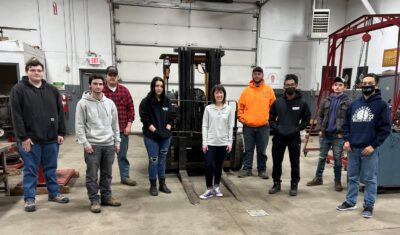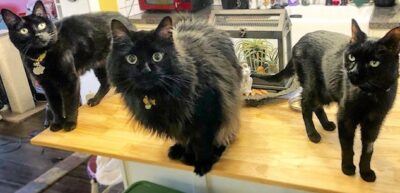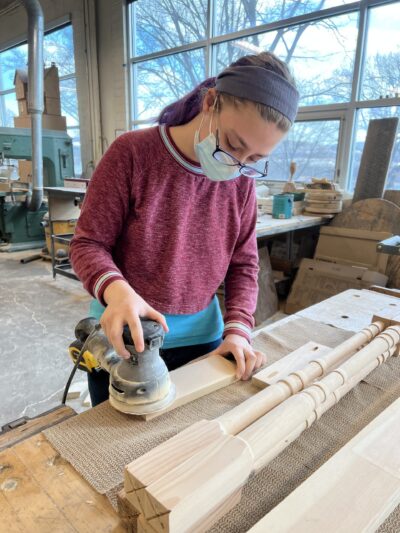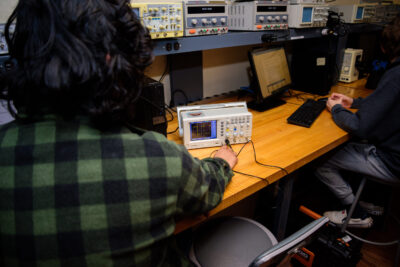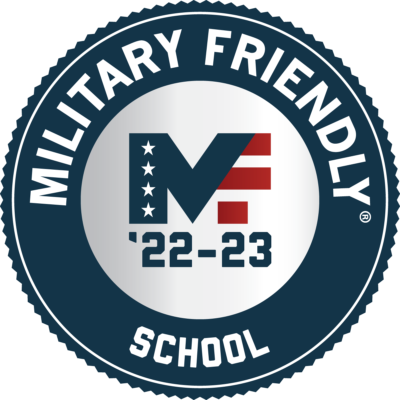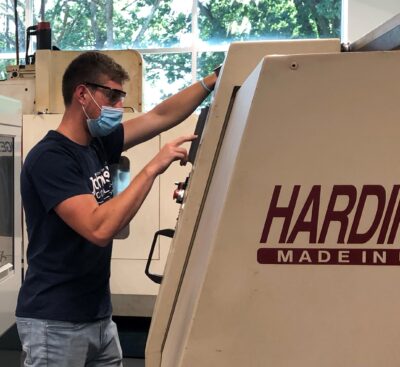On Wednesday, April 20, 2022, during an on-campus event to celebrate Ideal T. and Frances P. Saldi Day at the College, Johnson College’s President & CEO, Dr. Katie Pittelli, announced a $1,000,000 gift from Johnson College graduate Ideal T. Saldi and his wife Frances P. Saldi (formally Frances Prutisto).
The Saldi’s gift is a milestone for the College, as it’s the largest gift from an alum and one of the most significant gifts in Johnson College’s history.
“Johnson College kept me out of the coal mines and provided me the skills that allowed me to earn money to pay for college,” said Mr. Saldi. “Whatever success I have enjoyed, I owe to Johnson College.”
“Ideal and Frances’ gift will have a direct and lasting impact on our students and the College,” Dr. Pittelli added. “It inspires us to deliver the best real-world, hands-on, industry-driven education that our students, industry partners, and community expect from Johnson College.”
Mr. Saldi is a graduate of Johnson College, class of 1949, Jessup High School, The Pennsylvania State University, and Massachusetts Institute of Technology. Mrs. Saldi is a graduate of Archbald High and earned a Liberal Arts degree from The Pennsylvania State University.
Mr. Saldi started his professional career at the General Electric Company and was employed there for 18 years, rising through the ranks to become General Manager of one of their businesses. He left General Electric to start several companies beginning with Integrated Display Systems, which he later sold to Refac Electronics in New York City and became president of the combined companies. He later became president of C-Cor Electronics in State College, Pennsylvania, and AM Communications.
In all, he started a total of 18 companies during his professional career and continues to run two he started in 1981. Mr. Saldi has served on several Board of Directors and has been awarded 18 patents during his professional career.
After raising four children, Mrs. Saldi began her career as a real estate agent – first with a retirement community, then moving on to private residential sales.
The Saldi’s have three surviving children, six grandchildren, and one great-grandchild.
Johnson College provides real-world, hands-on learning in a supportive environment and prepares graduates to enter into or advance their careers. Johnson College degrees become essential careers. Johnson College was founded in 1912 and is the region’s only technical college, offering 17 associate degree and 5 academic certificate programs. A low student-to-instructor ratio supports an emphasis on hands-on learning. Located in Scranton on a 44-acre campus, the College is an accredited, private, non-profit, co-educational institution with a strong tradition of working with regional businesses and industries to ensure a skilled and qualified workforce. For additional information on Johnson College, please call 1-800-2-WE-WORK, email enroll@johnson.edu, or visit Johnson.edu.
Photo Caption: Left to Right – Ideal T. Saldi, Johnson College Alum, class of 1949 and Dr. Katie Pittelli, Johnson College’s President & CEO


